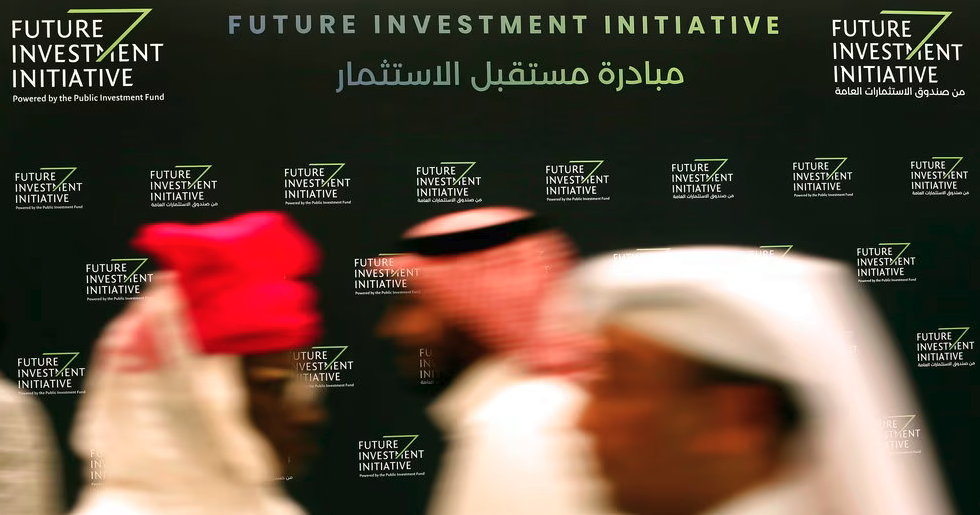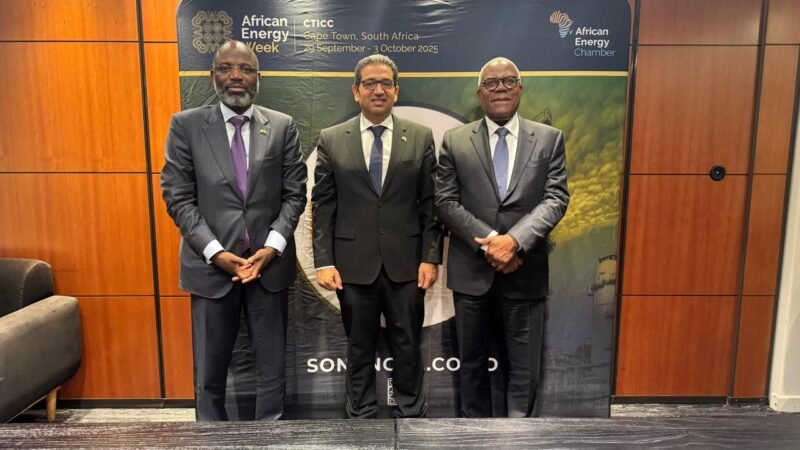MENA Region Attracts Global Investments Amid Geopolitical Tensions
For the first time in years, the Middle East and North Africa (MENA) region is experiencing a significant rise in international investment, drawing major interest from global corporations and venture capitalists.
In 2024, Dubai hosted the Expand North Star event, one of the largest technology expos in the region, where major companies like Google, Microsoft, and Adobe joined over 6,500 exhibiting companies, 1,800 startups, and 1,200 investors from 180 countries. This massive turnout highlights the MENA region’s increasing allure for investors worldwide.

Over the past year, more than half of all investors in MENA startups came from outside the region. Investors from the United States, Europe, and Asia are drawn by MENA’s promising growth potential. Farah el Nahlawi, research leader at venture data platform MAGNiTT, noted the significant rise, with 199 of the 390 investors in the MENA region in the first nine months of 2024 being international. A breakdown showed 37% of these investors were from the USA, 13% from the UK, and 8% from Singapore.
Financial Technology as a Key Growth Driver
The financial technology (fintech) sector is at the forefront of this investment surge. MAGNiTT reports that fintech companies in the MENA region secured $480 million in funding, propelled by the desire of Gulf countries like the UAE and Saudi Arabia to move beyond oil. These nations are investing heavily in technology, education, and innovation, creating fertile ground for startups.
Nahlawi highlighted that initiatives like Saudi Vision 2030 and progressive UAE economic policies are transforming the investment climate. “Programs such as Saudi Vision 2030 and the UAE’s policies are pivotal in attracting international capital,” she said, noting how these initiatives improve economic resilience by promoting diverse sectors, including tourism, technology, and renewable energy.
Criticism Amid Progress
Some international investors remain cautious about the region’s complex geopolitical landscape. According to CNBC, certain Western partners have reservations due to Saudi Arabia’s 2018 killing of journalist Jamal Khashoggi. Concerns about potential misuse of American technologies for surveillance have also prompted hesitancy among some tech executives.
However, for many investors, MENA’s high returns and rapid market growth outweigh these risks. Local governments benefit, too, as global investment contributes to economic stability beyond oil reliance.
Sergii Malomuzh, founder of Rewump, a business incubator for web startups, cited MENA’s favorable regulatory environment. “Progressive and flexible regulations create a favorable business climate for foreign investments,” Malomuzh said, adding that the UAE’s growth potential and stable economic policies attract global interest from the U.S., Europe, and Gulf countries alike.
Sudan and Egypt: Emerging Hubs of Talent and Reform
Sudan’s young workforce remains a unique asset within the MENA region, despite being impacted by conflict. Yousif Yahya, co-founder of Sudan’s Savannah Innovation Labs, emphasized that Sudan’s talented and mobile workforce continues to contribute to the regional ecosystem, with some Sudanese finding cross-border opportunities that bridge skill gaps.
Yahya also credited Egypt’s policy reforms for the recent influx of foreign investments. These reforms reflect a broader commitment across the MENA region to cultivate a stable, investor-friendly environment.
The Future of MENA’s Entrepreneurial Landscape
Robert Mogielnicki, a senior scholar at the Arab Gulf States Institute in Washington, pointed to the MENA region’s youthful population and vibrant startup culture as promising assets. Many Gulf countries are investing directly in startups and enhancing the entrepreneurial ecosystem through supportive policies.
Yet, Mogielnicki cautioned that ongoing regional conflicts and geopolitical tensions could impact startups in varied ways. “The implications for startups depend greatly on the industry, potential disruptions, and available investment capital,” he said.
As MENA countries strive to diversify and strengthen their economies, the region’s growing appeal to global investors is clear, promising opportunities—and challenges—for businesses and governments alike. [VOA News]



